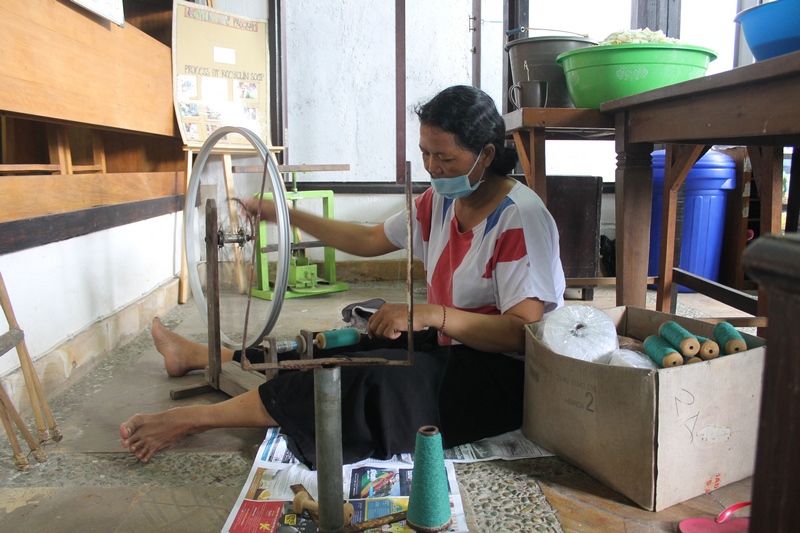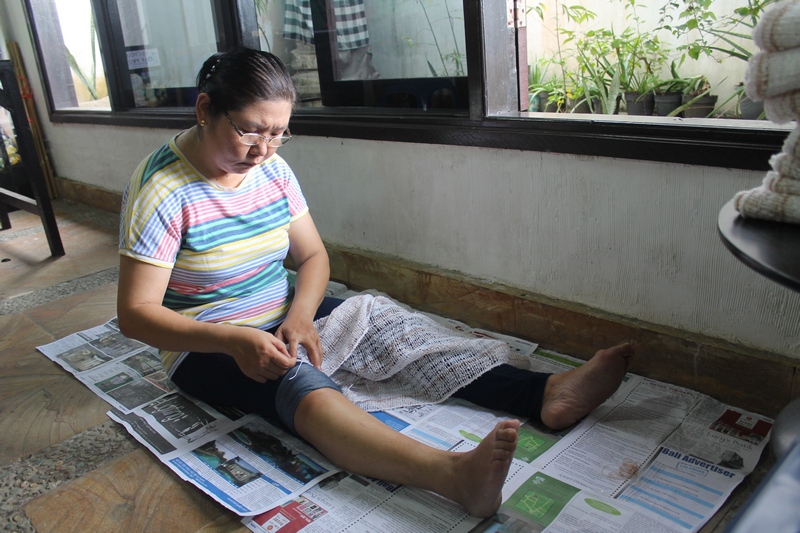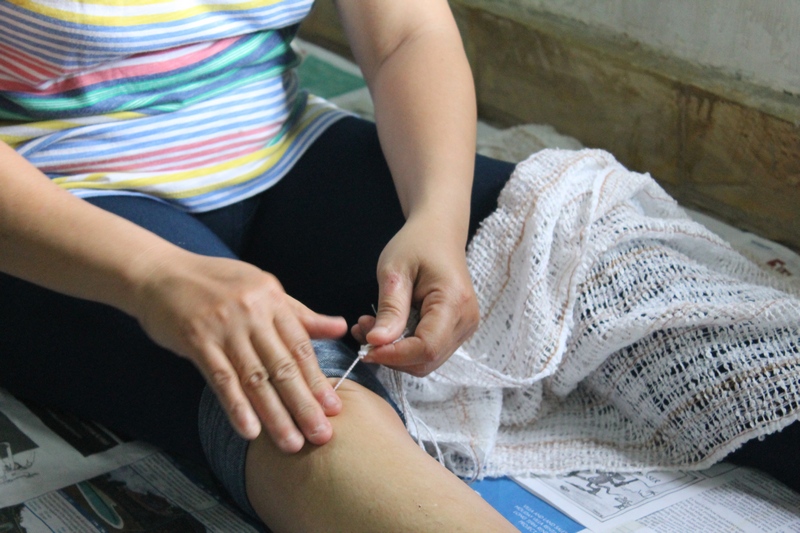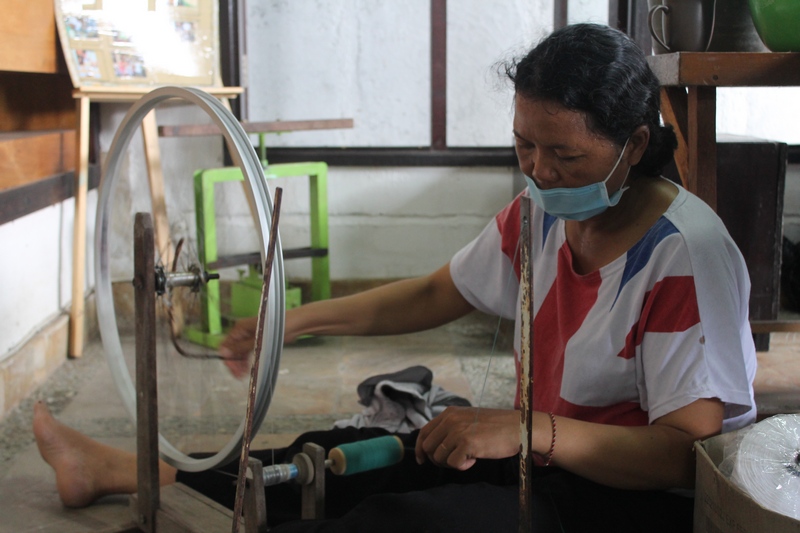
Industries such as fishing and farming are dying, is it possible to replaced them with sustainable business?
With the downward spiral of the environment, industries such as fishing and farming, and the jobs they provide are dying. Can these jobs be replaced and with what? Wouldn’t it be smart, if they were replaced with sustainable businesses, meaning sustainable jobs?
The Bukit Women’s Weavers Association in Bali is an excellent example of a local business that is both green and sustainable. But what does it really mean by being sustainable? The sustainable business’ philosophy is to meet the needs of the present world without compromising the ability of future generations by not using-up precious natural resources. It’s to provide services and products that use materials that can be renewed naturally and/or organically and does not use harmful chemicals nor produce pollutants. The aim is to have business/jobs that gives an income to improve human wellbeing and social equity while reducing environmental impacts.
[one-half-first]

Accompanying the boom in tourism industry in Bali, many of the local industries such as seaweed farming and cattle farming have been ruled out, leaving locals, mostly older women, who are not suited to work in hospitality unemployed
[/one-half-first]
[one-half]

This is where programs like “Weaving Futures” come into picture in supporting local communities through empowerment of women to run local businesses.
[/one-half]
Accompanying the boom in tourism industry in Bali, many of the local industries such as seaweed farming and cattle farming have been ruled out, leaving locals, mostly older women, who are not suited to work in hospitality unemployed. However, many of them possess skills, one of which is traditional weaving techniques, that are also being threatened in existence as cheaper, mass-produced, imported products flood their way into the country.
This is where programs like “Weaving Futures” come into picture in supporting local communities through empowerment of women to run local businesses, at the same time preserving inherited cultural knowledge and techniques that has failed to grab the interest of many of the younger generations. Our weavers use organic cotton and produce our own natural dyes from local plants, such as noni roots (orange and yellow), sappan wood (red), kibatalia arborea wood (chocolate brown), mango leaves (lime green) and indigo leaves (indigo blue). Natural plant-based dyes produce an extraordinary diversity of rich and complex colours without using any toxic and polluting chemicals, while the organic matter leftover from dye plants can be composted. Not only “Weaving Futures” is reviving traditions, these women are now able to create their own sustainable income without harming the environment.

The Bukit Women’s Weavers Association in Bali is an excellent example of a local business that is both green and sustainable.

Recent Comments